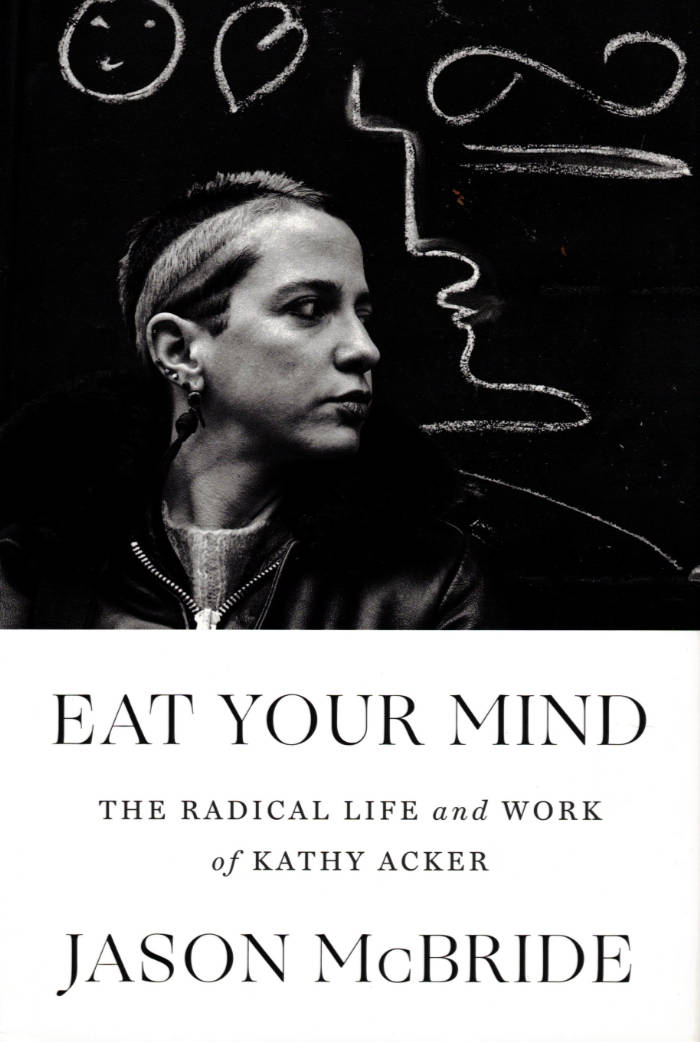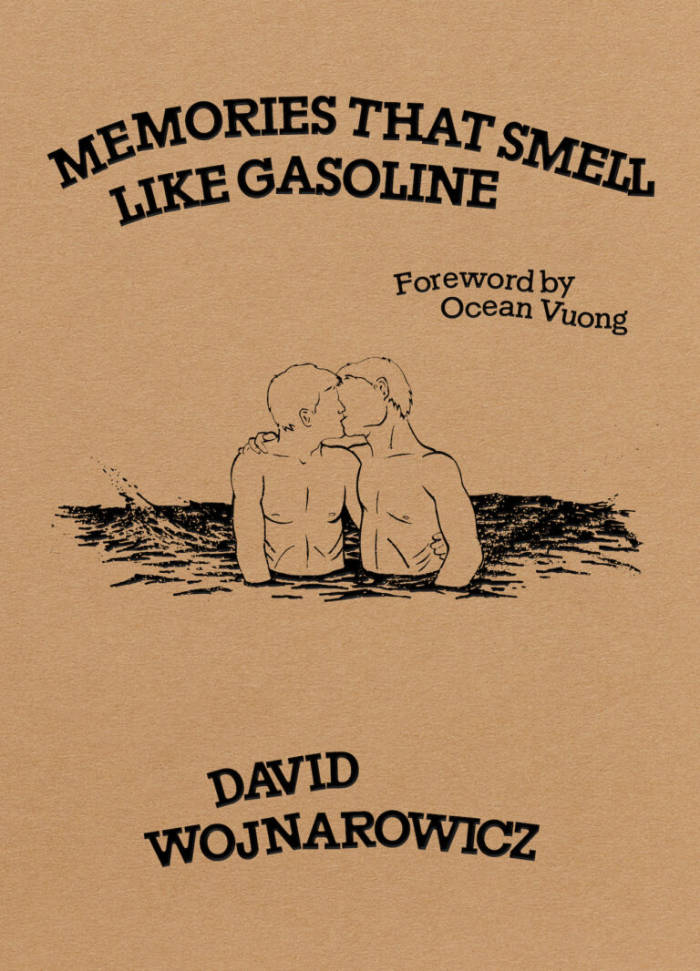
Eat Your Mind: The Radical Life and Work of Kathy Acker
The first full-scale authorized biography of the pioneering experimental novelist Kathy Acker, one of the most original and controversial figures in 20th-century American literature.
Kathy Acker (1947-1997) was a rare and almost inconceivable thing: a celebrity experimental writer. Twenty-five years after her death, she remains one of the most original, shocking, and controversial artists of her era. The author of visionary, transgressive novels like Blood and Guts in High School; Empire of the Senses; and Pussy, King of Pirates, Acker wrote obsessively about the treachery of love, the limitations of language, and the possibility of revolution. She was notorious for her methods-collaging together texts stolen from other writers with her own diaries, sexual fantasies, and blunt political critiques-as well as her appearance. With her punkish hairstyles, tattoos, and couture outfits she looked like no other writer before or after. Her work was exceptionally prescient, taking up complicated conversations about gender, sex, capitalism, and colonialism that continue today.
Acker's life was as unruly and radical as her writing. Raised in a privileged but oppressive Upper East Side Jewish family, she turned her back on that world as soon as she could, seeking a life of romantic and intellectual adventure that led her to, and through, many of the most thrilling avant-garde and countercultural moments in America: the births of conceptual art and experimental music; the poetry wars of the 60s and 70s; the mainstreaming of hardcore porn; No Wave cinema and New Narrative writing; Riot grrls, biker chicks, cyberpunks. As this definitive biography shows, Acker was not just a singular writer, she was also a titanic cultural force who tied together disparate movements in literature, art, music, theatre, and film.
A feat of literary biography, Eat Your Mind is the first full-scale, authorized life of Acker. Drawing on exclusive interviews with hundreds of Acker's intimates as well as her private journals, correspondence, and early drafts of her work, acclaimed journalist and critic Jason McBride offers a thrilling account and a long overdue reassessment of a misunderstood genius and revolutionary artist.
Published in 2022 ┊ 416 pages ┊ Hardcover ┊ Language: English







